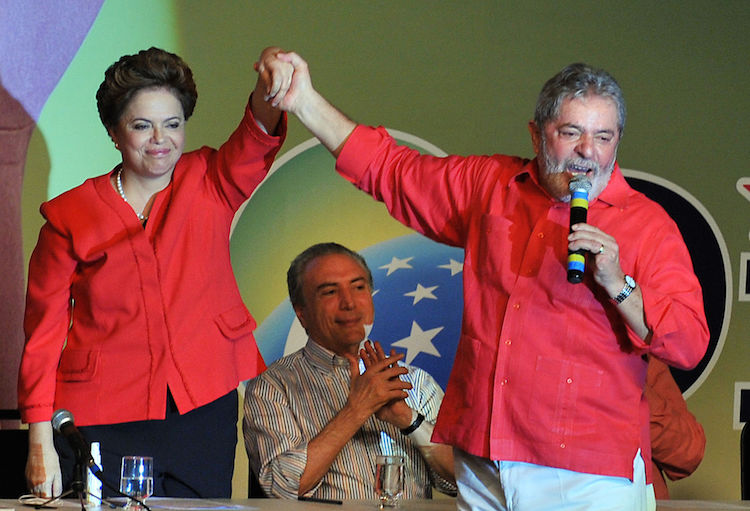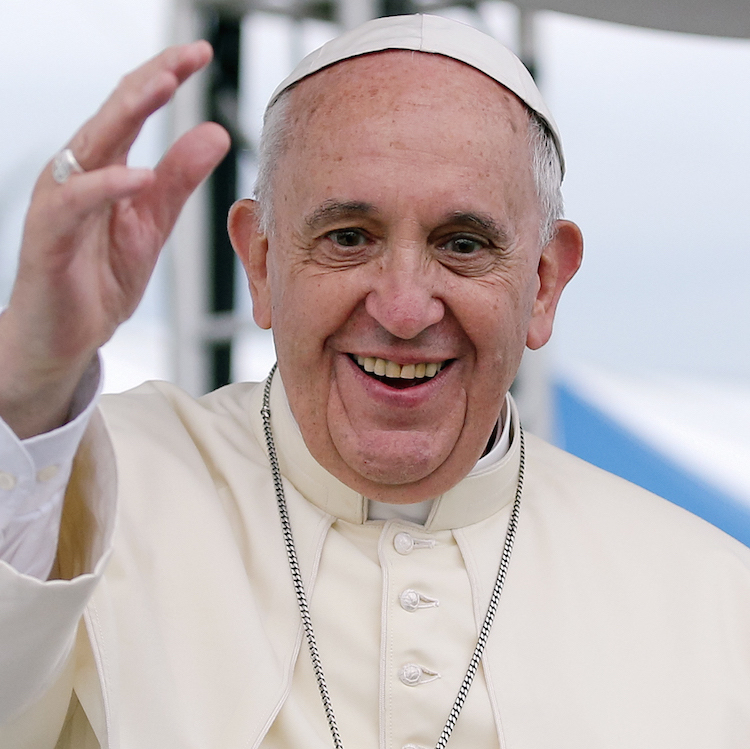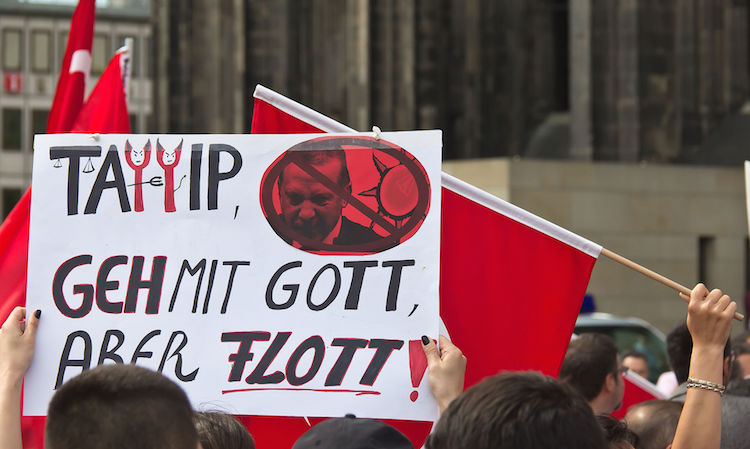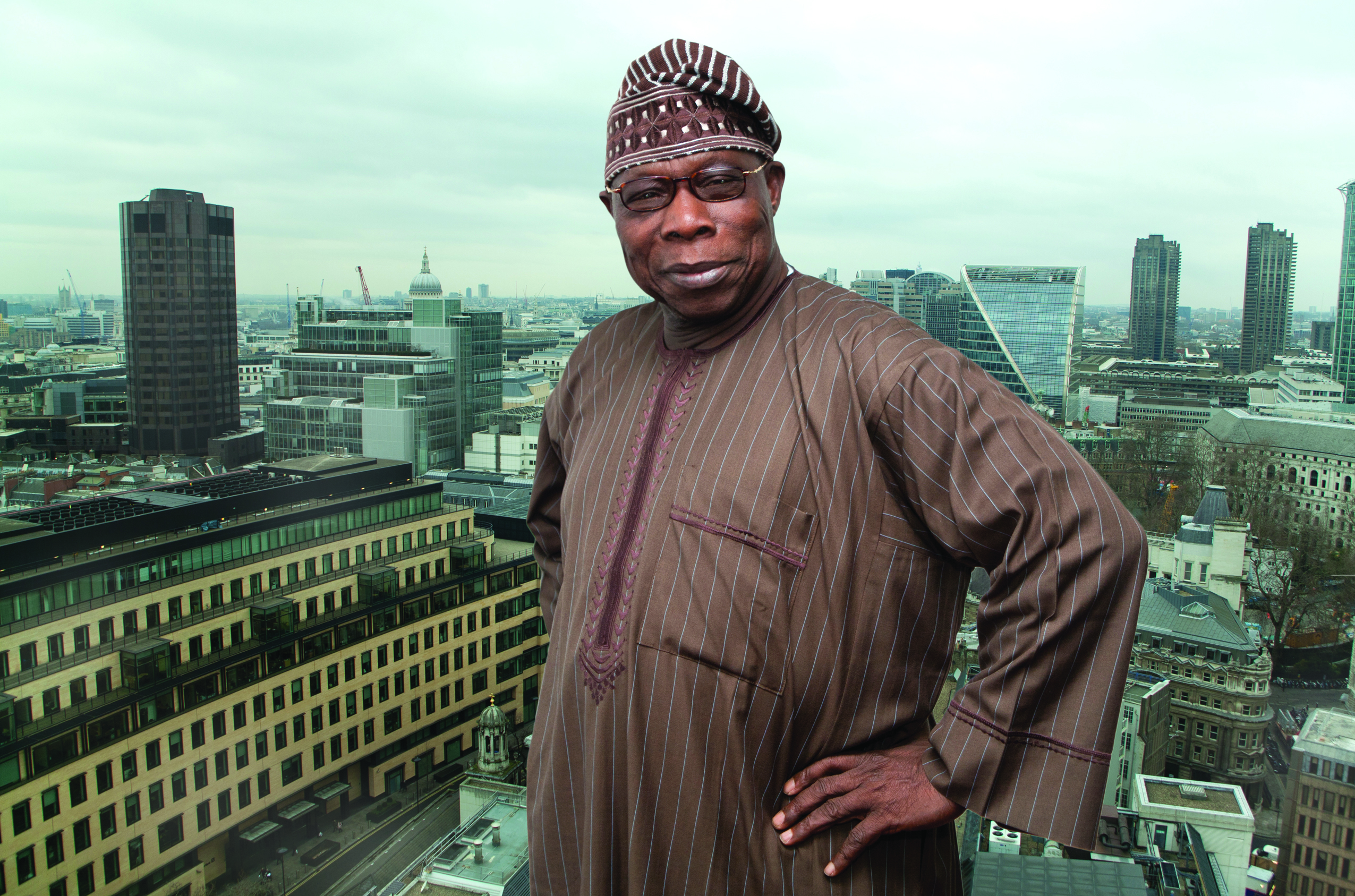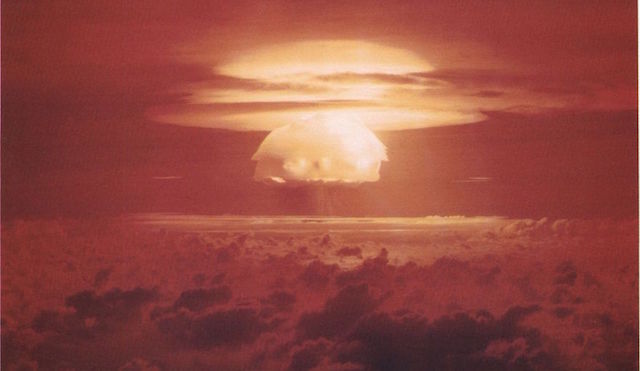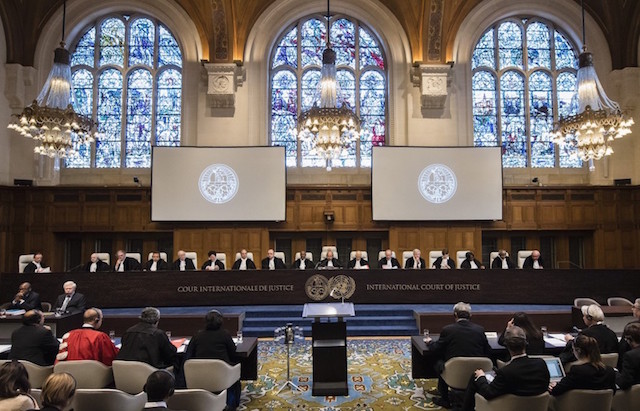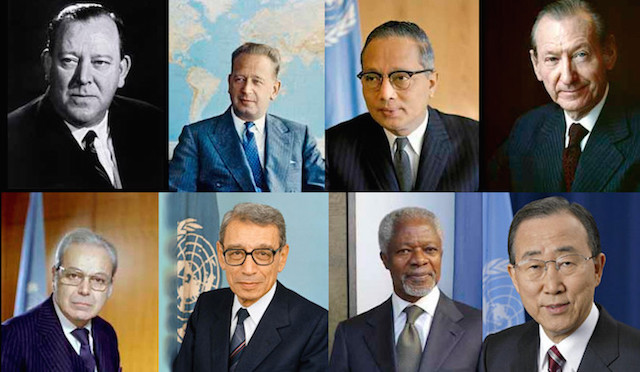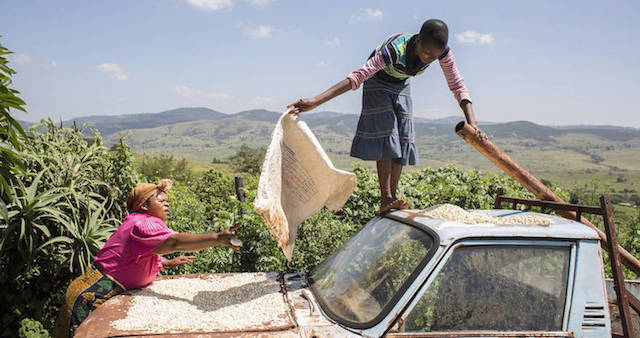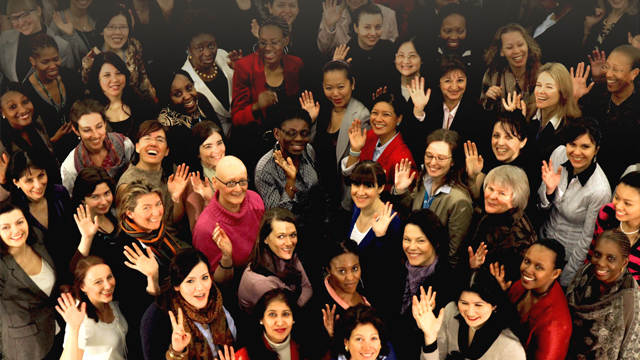Viewpoint by Jonathan Power
LUND, Sweden (IDN | INPS) – The Brazilians have an elected president. They must keep her. If Dilma Rosseff is pushed to resign democracy has failed.
Two years ago she won re-election handsomely. That is the source of her mandate. From that she derives her legitimacy. The only thing that could topple her is if hard evidence emerges that she is crook- in her case supposedly stole millions of dollars from the Brazilian oil giant, Petrobras, of which she was once head of the board. Then Congress would be within its rights to discuss her impeachment.
But there is no evidence of her personal corruption – although there is evidence aplenty that her party, The Workers’ Party, has received a lot of black money, not just from Petrobras.

